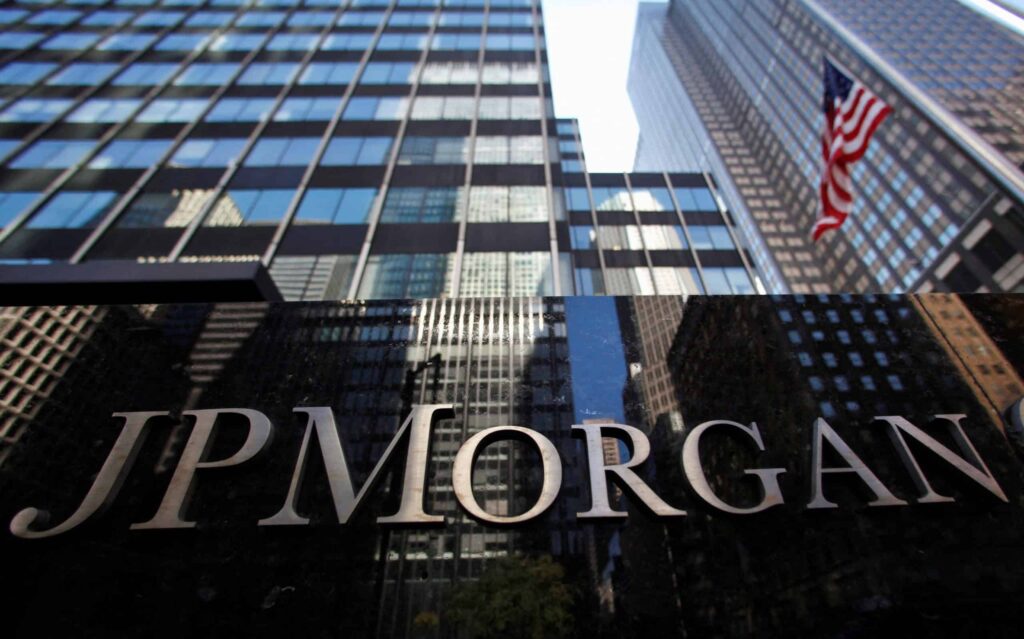JPMorgan Chase reported a profit that surpassed expectations in the first quarter; however, its shares dropped 6% following projections of interest income that did not meet analysts’ forecasts.
Despite a modest increase in its net interest income (NII) forecast, the adjustment failed to satisfy investor expectations who were hoping for more significant gains from prolonged high interest rates.
Rick Meckler of Cherry Lane Investments commented, “What the market really needed was some really positive go-forward statements,” expressing disappointment in the lack of optimistic forward-looking statements from the bank.
CEO Jamie Dimon acknowledged multiple looming uncertainties that could impact the economic landscape, including global conflicts and inflationary pressures.
Nonetheless, during a press conference, he maintained a positive outlook on the U.S. economy, noting that consumers still possess excess funds and that stock prices have risen.
The bank had seen a boost in NII in recent months due to high borrowing costs and had further increased its interest income after acquiring the failed First Republic Bank.
Nevertheless, JPMorgan has braced for potential interest rate cuts by the Federal Reserve later in the year, which could affect their earnings.
The bank now projects its NII for the year, excluding trading, to be $89 billion, up from a prior $88 billion estimate but below the $90.68 billion anticipated by analysts, as per LSEG data.
Analyst Scott Siefers of Piper Sander suggested that the unchanged outlook might disappoint investors and affect the stock negatively in the short term.
Meanwhile, JPMorgan’s CFO Jeremy Barnum had previously cautioned that the surge in NII was not expected to be sustainable.
Despite the drop in stock price, Octavio Marenzi, CEO of Opimas, found the bank’s financials to be robust, with the only concern being the rise in non-interest expenses.
The bank also allocated $725 million to replenish the government’s deposit insurance fund, significantly less than the previous year’s $3 billion.
While other banks are cutting staff, JPMorgan increased its workforce by about 2,000 in the first quarter, bringing the total to 311,921 employees, a 5% increase from the previous year.
The bank reported a profit of $13.42 billion, a 6% increase from the previous year, with earnings per share rising from $4.10 to $4.44.
The bank’s loans surged 16% to $1.31 trillion, with NII up 11% to $23.2 billion. Excluding First Republic’s impact, NII still rose by 5% compared to the previous year.
Trading revenue declined by 5%, and while investment banking revenue grew by 27% due to higher fees from debt and stock underwriting, fees from merger and acquisition advising dropped.
Barnum remains optimistic about the growth in credit card loans but noted that other lending sectors were relatively quiet.
JPMorgan set aside $1.88 billion for credit losses, down from $2.28 billion last year.
Dimon participated remotely in the earnings call and left early to attend a leadership meeting, with succession plans drawing attention as other financial institutions announce new leadership roles.
